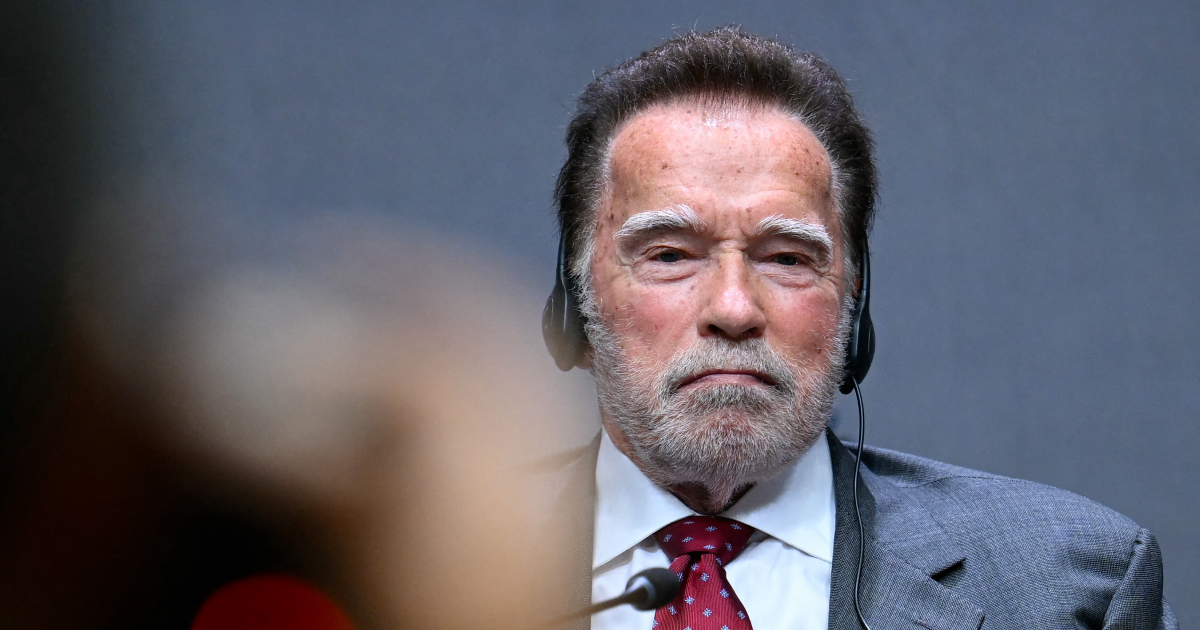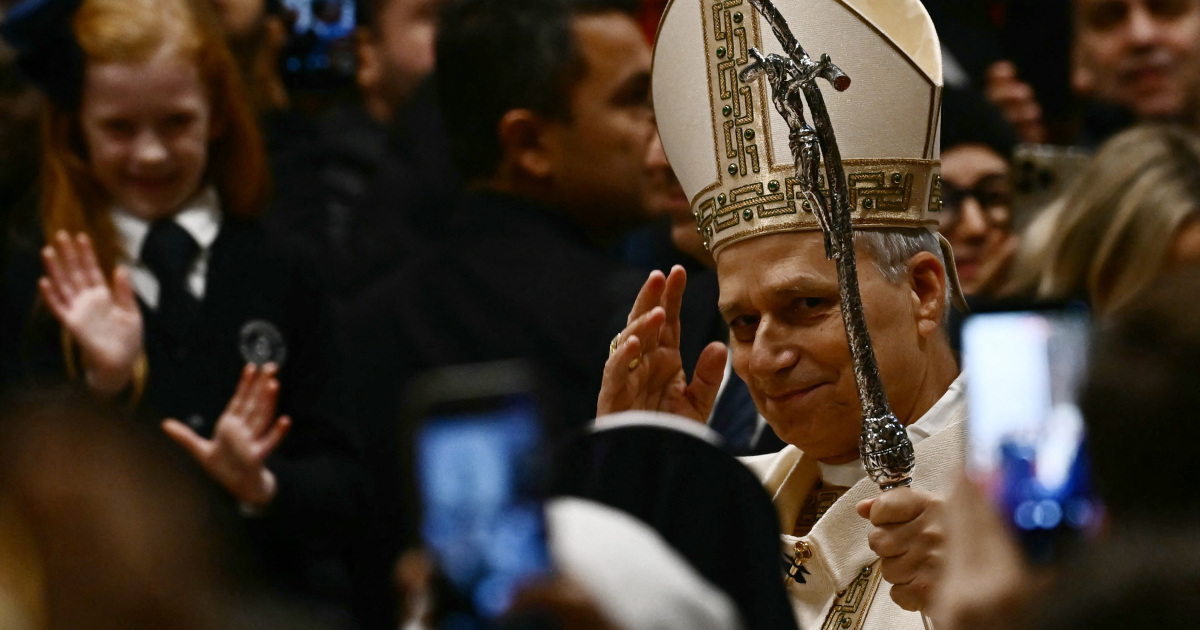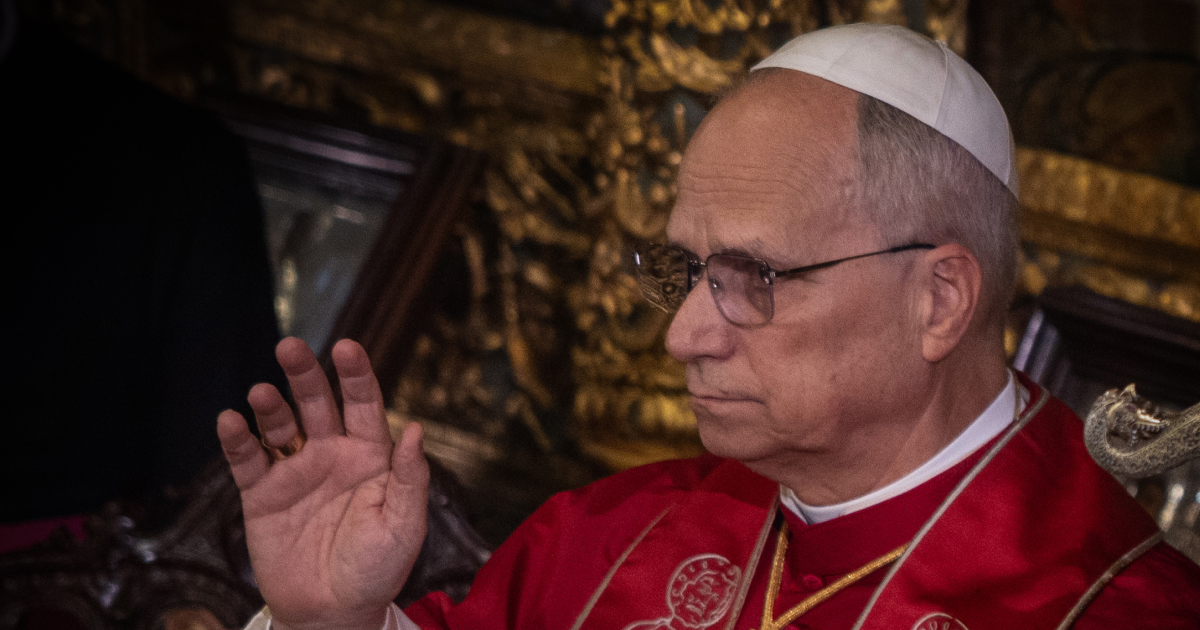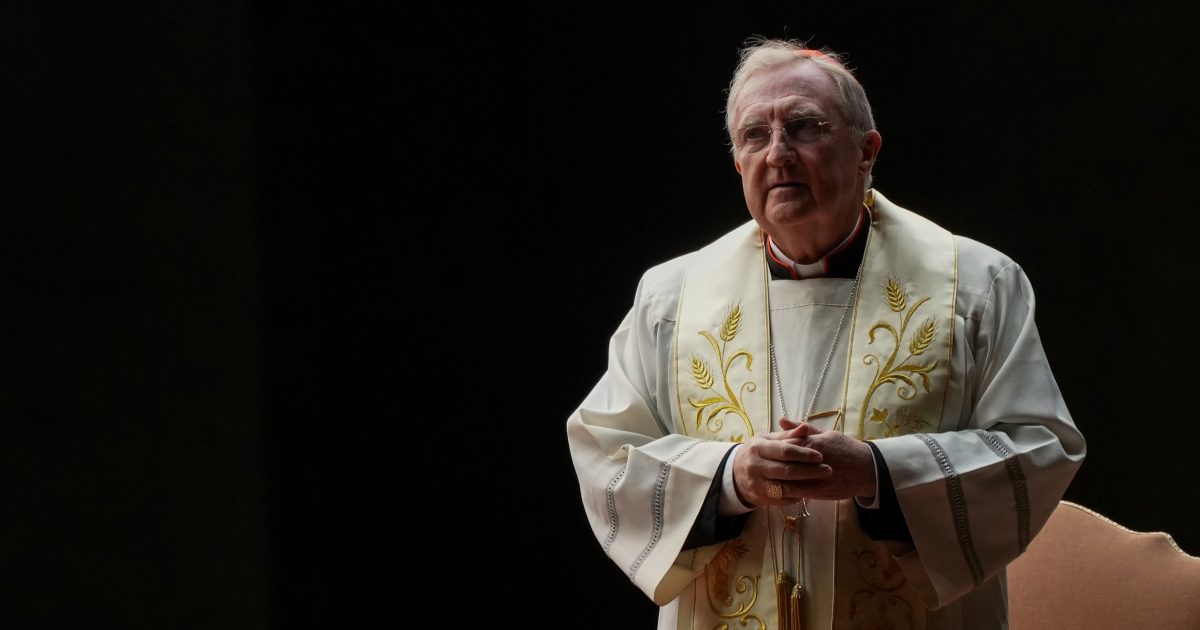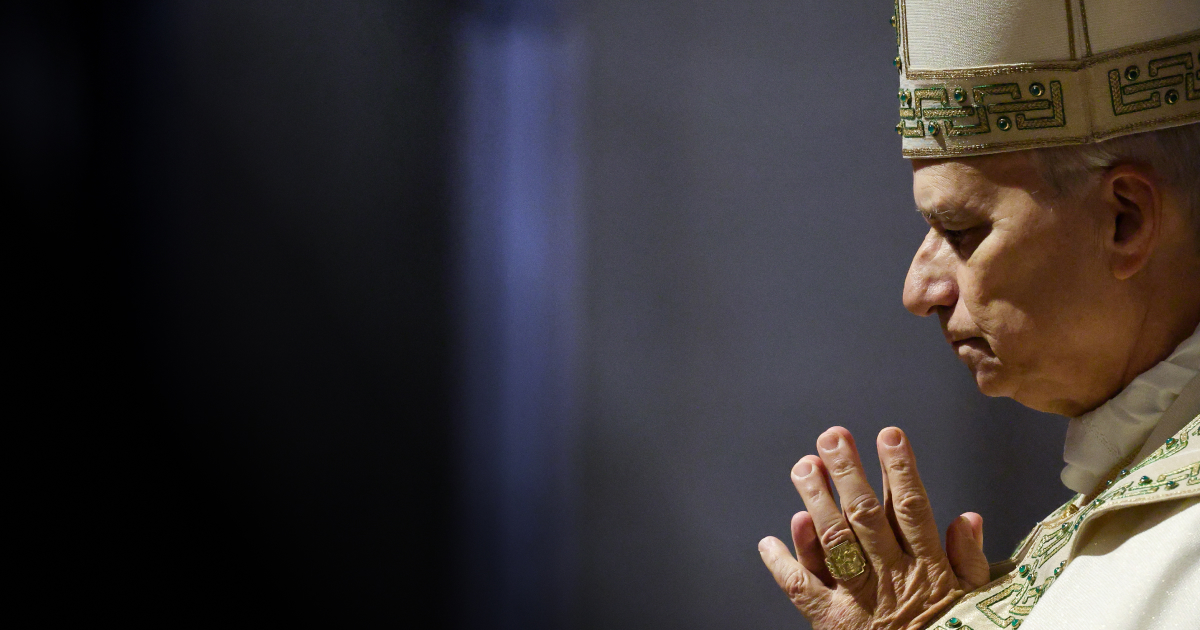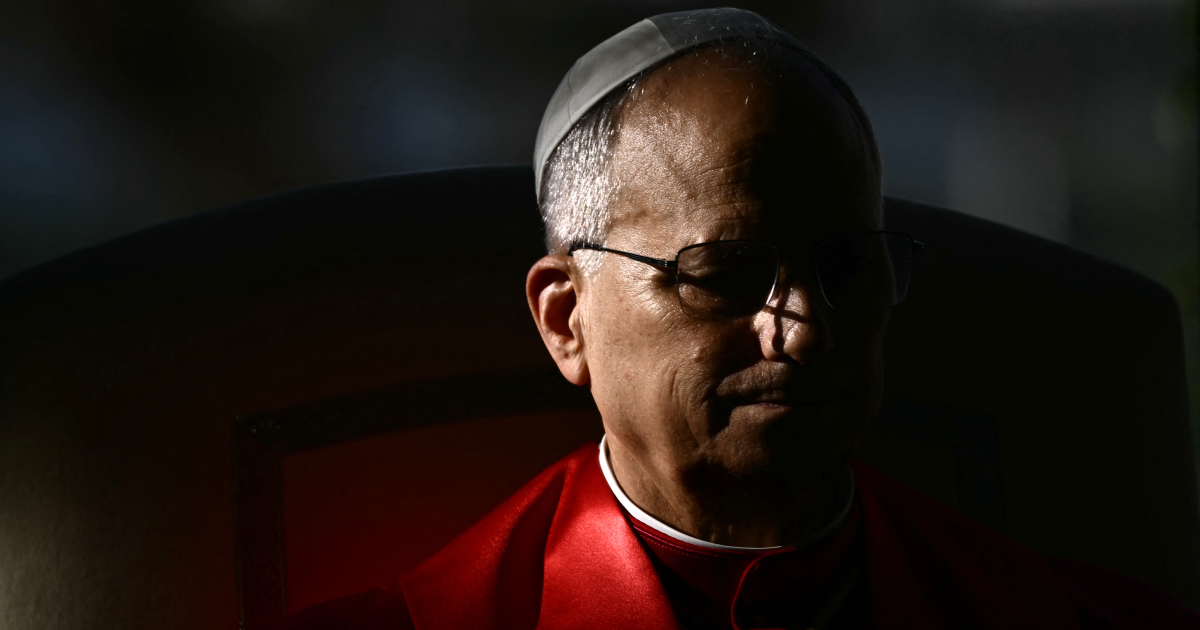The Vatican will issue a new document on marriage later this month, addressing the question of polygamy in Africa amid continuing pastoral and cultural debate.
The Dicastery for the Doctrine of the Faith announced that the text, titled We Two: In Praise of Monogamy. Doctrinal Note on the Value of Marriage, Exclusive Communion, and Mutual Belonging, will be released at the end of November.
Father Armando Matteo, the dicastery’s secretary, said on Tuesday that the document follows a specific request made during the Synod on Synodality for African bishops to prepare a statement on the matter. A press conference will take place at the Holy See Press Office when the note is unveiled.
Previous discussions during the 2014 and 2015 Synods on the Family were dominated by questions of divorce and remarriage, with several African bishops speaking about the unique challenges they faced in regions where polygamy remains widespread.
Many commentators and Vatican watchers have suggested that, unlike the recent co-redemptrix document published by the DDF, which became contentious online and among laypeople, the question of polygamy allows for a more straightforward response. It requires a simple document, since Catholic doctrine on the subject is already clearly defined.
The Church has consistently taught that marriage is a lifelong covenant between one man and one woman, a partnership rooted in fidelity, openness to life and mutual self-giving. The Catechism describes polygamy as a practice “contrary to conjugal love, which is undivided” and incompatible with the exclusive union willed by God.
In Catholic theology, marriage mirrors the faithful love of Christ for His Church, a bond of exclusive communion and mutual belonging which cannot be divided.
However, while globally rare, in many African societies polygamy remains deeply woven into the social fabric. For generations, multiple marriage arrangements have been linked to lineage, social status and economic survival, with a 2020 report by the Pew Research Center finding that about 11 per cent of the population in sub-Saharan Africa live in households in which at least one member has more than one spouse or partner. In response, the Church in Africa is actively developing pastoral frameworks for those living in polygamous unions, even as it reiterates the Christian ideal of monogamous marriage.
Church leaders have explained that, although monogamous marriage remains the doctrinal norm, many converts to Catholicism enter the Church from polygamous backgrounds. In such cases, bishops and priests have sought ways to integrate families into the faith community without compromising the Church’s teaching on the unity and exclusivity of marriage.
According to the Symposium of Episcopal Conferences of Africa and Madagascar (SECAM), six pastoral proposals have been approved “for accompaniment of persons in polygamous situations,” emphasising “listening, proximity and accompaniment” for men and women in such relationships. The proposals include welcoming persons in polygamous situations into the Church, making them feel part of the Church, taking initiatives that target widows, emphasising conversion as the primary goal, shifting from the narrow meaning of fecundity as biological parentage to charity, and promoting a family apostolate characterised by catechesis on the Church and the Sacraments.
The forthcoming document is expected to reaffirm that principle while offering clarity and pastoral direction to bishops and faithful in regions where polygamy persists. Its release at the end of November will be closely watched across Africa and beyond.





%201.png)


